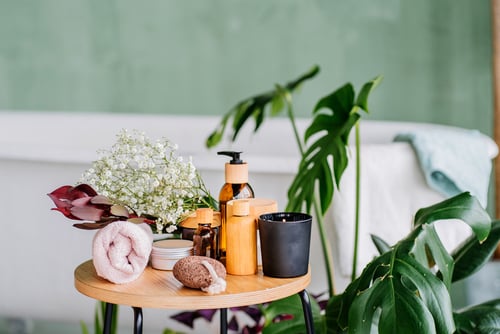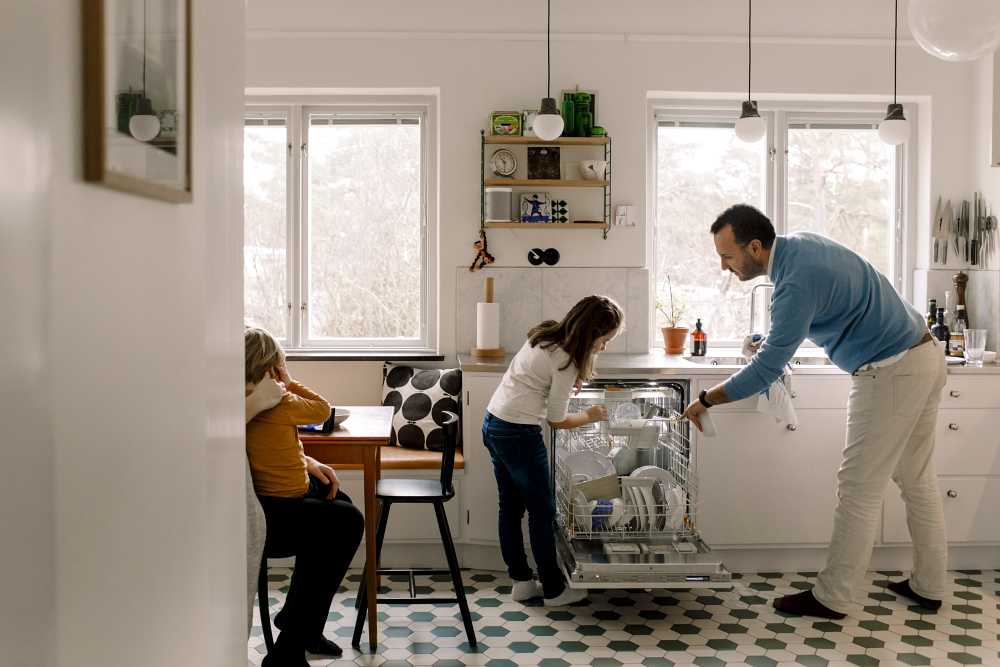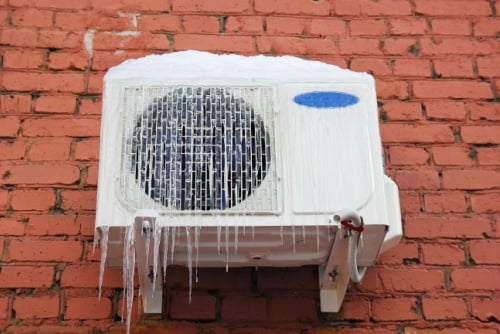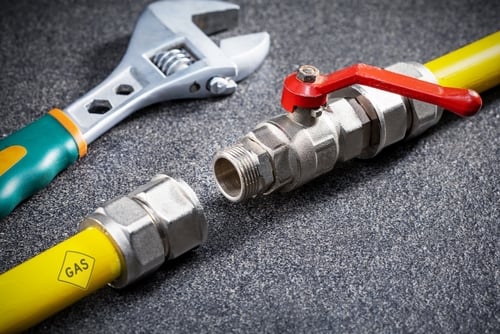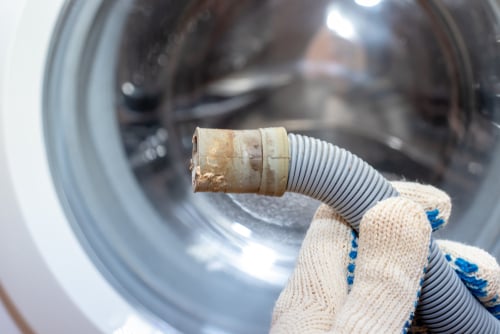Self-care has become a common phrase to remind us of the importance of maintaining our personal well-being. It’s important to keep in mind that self-care is not just about mindfulness and meditation. Cleaning can be a self-care activity.
Caring for your home can be a way of practicing self-care as well as a method for taking advantage of the mental health benefits of cleaning.
1. Conventional Self-Care
Many activities commonly associate with conventional self-care involve engaging in activities and hobbies that give us a sense of fulfillment and joy.
What are some more examples of conventional self-care?
- Listening to music
- Taking a relaxing bath
- Reading a book
- Listening to an audiobook
- Listening to a podcast
- Meditation
- Consider trying an app like Insight Timer to keep you motivated
- Journaling about your day or upcoming activities that you’re looking forward to
- Going for a walk or light hike
- Spending time in natural spaces
- Engaging in arts and crafts projects or other hobbies
- Binge watching a favorite tv series
- Going to the gym
- Relaxing with a face mask
There’s no right or wrong answer when it comes to self-care. Practicing self-care is all about what helps you focus on yourself and your well-being as opposed to your usual daily required activities.
2. Home Projects for Self-Care
Home projects can be a great source of joy, especially if you take time to reflect and develop cleaning, organizational, and storage strategies that will make the process less stressful and more rewarding.
It’s entirely possible to relax and rejuvenate yourself while engaging in home projects! Try using scented candles, diffusers, or essential oils to create a soothing ambiance while you declutter and organize.
Cleaning and organizing is a rare instance when multitasking doesn’t necessarily detract from how well you get the job done. Feel free to put on headphones and enjoy your favorite music, podcasts, or an audiobook, while you tidy up your home.
3. Your Home Speaks to Who You Are
In many ways, your home is an extension of yourself. Maintaining a clean, organized, and functional living space can have a profound impact on our mental health. While some may enjoy a bit of clutter that makes their house feel “homey”, others feel much more invigorated and refreshed in a space that is foremost clean and also organized in such a way as to reveal unique aspects of personal identity.
So, what makes a home feel “homey”?
Displays of family photographs, family heirlooms, souvenirs from travels, and gifts from loved ones can all make your house feel more like a lived in and loving home.
Decor choices such as wall art, furniture, rugs, tapestries, curtains, and other items should reveal your personal style and preferences. These items are displayed for your and your family first and foremost and secondarily as a way to provide guests with a window into your personality and what brings you joy, calm, and happiness.
4. A Sense of Control
Life can often feel overwhelming and chaotic, but by taking charge of our living space, we regain a sense of control. When we clean, organize, and maintain our homes, we are actively shaping our environment to suit our needs and desires. This act of taking charge is empowering and can help reduce feelings of anxiety and stress.
Keeping your home well-organized and clutter-free allows you and your family to easily find what is needed and maintain a sense of order. Designated spaces for possessions and sensible storage solutions can increase your sense of calm and well-being as you move through the day.
5. Refuge
A clean and organized home provides a soothing environment that promotes relaxation and peace of mind. When we walk into a tidy space, we are less likely to be distracted by clutter and can focus on activities that bring us joy and fulfillment.
6. Be More Productive
An organized home can significantly improve our productivity and focus. It’s hard to concentrate when there are distractions all around you.
It can be a real challenge to focus on the task at hand when you know there is so much you could be doing around the house just to keep up with daily chores to maintain the semblance of a tidy space.
When everything has its place and is easily accessible, we spend less time searching for things, which allows us to dedicate more time and energy to our passions and goals.
7. Cleaning and Mental Health
There are many benefits of cleaning. It’s well-known that there is a correlation between cleaning and mental health. For some, cleaning itself can be a form of therapy. For others it’s no fun at all, however, they feel better living in a clean and tidy environment.
You may have noticed that a freshly cleaned house can lift your spirits. After a good thorough clean, you probably feel accomplished. In that moment, you might ask yourself why you don’t do this more often. The reality is that our lives are busy and suddenly it’s been months since you found time for a deep clean.
If you’ve noticed you’re feeling more anxious or stressed in your home, this might be an ideal time to put a little extra effort into tidying up as a form of practicing self-care.
When getting organized, It’s good to keep in mind the idea that every item should “have its home”. If you don’t have a designated space for something it tends to get left out in random locations around the house and may be a challenge to locate when you search for it.
A tidy and aesthetically pleasing living space can evoke positive emotions and create a welcoming atmosphere for your family, friends, and guests.
If your home spaces are filling you with positive feelings of joy, you’re less likely to get bogged down with the frustrations of daily life and everyday sources of anxiety and stress will not make you feel as out of control.
8. Create a Cleaning Schedule
Consistency makes all the difference when it comes to home maintenance. Set aside dedicated time each week for cleaning tasks like vacuuming, dusting, and mopping.
Breaking larger tasks into smaller, more manageable chunks, can make them feel less daunting.
9. Decluttering
Clutter can be a major source of stress and anxiety. Make it a habit to declutter your spaces regularly, especially those spaces where you spend the most time.
Every month or two, set aside some time to consider and reflect on items that you no longer need or otherwise feel unimportant. If they’re not improving your space, there’s a good chance they’ve turned into clutter. You may want to consider donating these items.
10. Make Caring for Your Home Fun
Find ways to transform home maintenance activities into rewarding a self-care activity by seeking out the joy in these habits. Not everything has to feel like a chore.
Transforming chores into pleasurable experiences can make them feel less like obligations and more like acts of practicing self-care.
Playing your favorite music or listening to podcasts or an audiobook are great ways to find time to enjoy hobbies, think and reflect, as well as make your home spaces shine.
Sometimes you deserve a little treat. That might be a fancy dessert, a latte, or a luxurious bath. After you’ve accomplished a substantial home maintenance activity, you may want to give yourself a bonus.
11. Embrace Minimalism
Consider adopting a minimalist approach to how you think about your home and your belongings. The Minimalists like to point out that things you own often end up owning you.
People can get a bit carried away with minimalism. It’s important to keep in mind that your family may not all agree with reducing the number of their personal possessions. Things we own feel very different to different people. We all find joy through our personal lens of the world.
Minimalism encourages you to weigh the benefits of living in a clutter-free and simplified living environment. As discussed, for many, living with less stuff can make you feel less anxious and stressed in daily life.
Minimalism focuses on quality over quantity. For those who can afford to approach their lifestyle in this manner, surrounding yourself with possessions that truly make you feel is a worthy endeavor.
Our homes are more than just physical spaces. They are extensions of ourselves, reflecting our personality, values, and interior lives. When our living environment is cluttered, disordered, or in disrepair, the result can be a sense that life is chaotic. On the flipside, a well-maintained home can promote a sense of calm and joy.
By Taking Care of Your Home, You’re Taking Care of Yourself
At Frontdoor®, we know you love getting things done around the house. Staying in control of your to-do list is easier when you can keep the small things from turning into bigger—and more expensive—ones. We’re here to answer your home repair and maintenance questions in real-time.
Was this article helpful?
